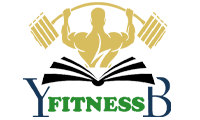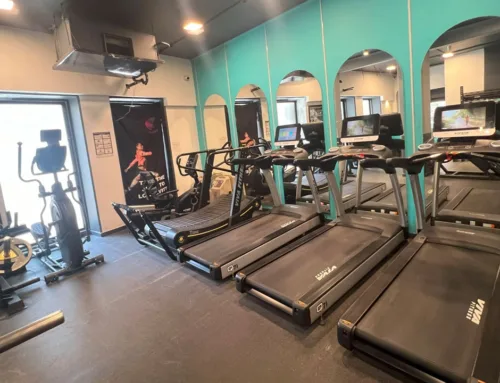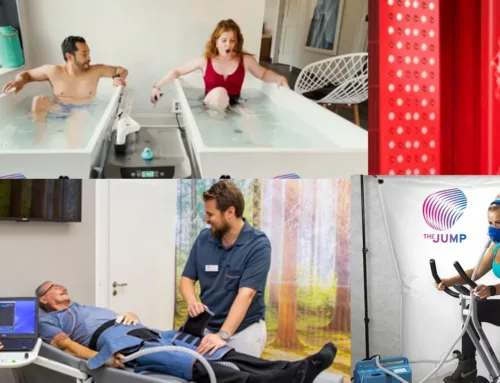In today’s fast-paced world, balancing work and life in this digital age has become increasingly challenging. The integration of technology into every aspect of our lives has blurred the lines between professional and personal time, leading to a constant state of connectivity and accessibility. Yash Birla, a prominent entrepreneur, offers valuable insights into navigating this complex terrain to maintain a healthy equilibrium.
The digital revolution has brought about significant advancements, enabling us to work more efficiently and stay connected across the globe. However, this constant connectivity comes with its own set of challenges. The expectation of being always available has made it difficult to disconnect from work, often encroaching upon personal time and affecting overall well-being. Birla emphasizes the importance of setting clear boundaries to prevent work from overshadowing personal life. This involves establishing specific times for work and leisure, and adhering to these schedules as strictly as possible.
One of the key strategies Birla advocates is the mindful use of technology. While digital tools are essential for productivity, they can also be major sources of distraction and stress. It is crucial to use these tools in a way that enhances efficiency without compromising personal time. For instance, turning off notifications during non-working hours can help create a mental separation between work and relaxation. Additionally, dedicating certain times of the day to checking emails and messages can prevent constant interruptions, allowing for more focused and productive work periods.
The role of organizational culture in promoting work-life balance cannot be understated. Companies should foster an environment that values employees’ personal time and well-being. Flexible working hours, remote work options, and policies that encourage taking breaks and vacations are essential in creating a supportive work culture. Birla highlights the importance of leaders setting an example by prioritizing their own work-life balance, thereby encouraging their teams to do the same.
Self-care is another crucial element in achieving a balanced life. Regular exercise, adequate sleep, and hobbies can significantly impact mental and physical health. Birla suggests incorporating activities that promote relaxation and rejuvenation into daily routines. This could include yoga, meditation, reading, or spending time with loved ones. Such practices not only reduce stress but also enhance overall productivity and creativity.
Maintaining a healthy work-life balance also involves continuous self-reflection and adjustment. As life circumstances and work demands change, so too should our strategies for managing them. Birla recommends periodically assessing one’s work-life balance and making necessary adjustments to ensure that neither aspect is neglected. This dynamic approach helps individuals stay aligned with their personal and professional goals, leading to a more fulfilling and balanced life.
In conclusion, balancing work and life in the digital age requires a conscious effort to set boundaries, use technology mindfully, foster a supportive work culture, and prioritize self-care. By adopting these strategies, individuals can navigate the challenges of the digital era and achieve a harmonious balance between their professional and personal lives. Yash Birla’s insights provide a valuable framework for anyone seeking to improve their work-life balance and enhance their overall well-being.






Leave A Comment